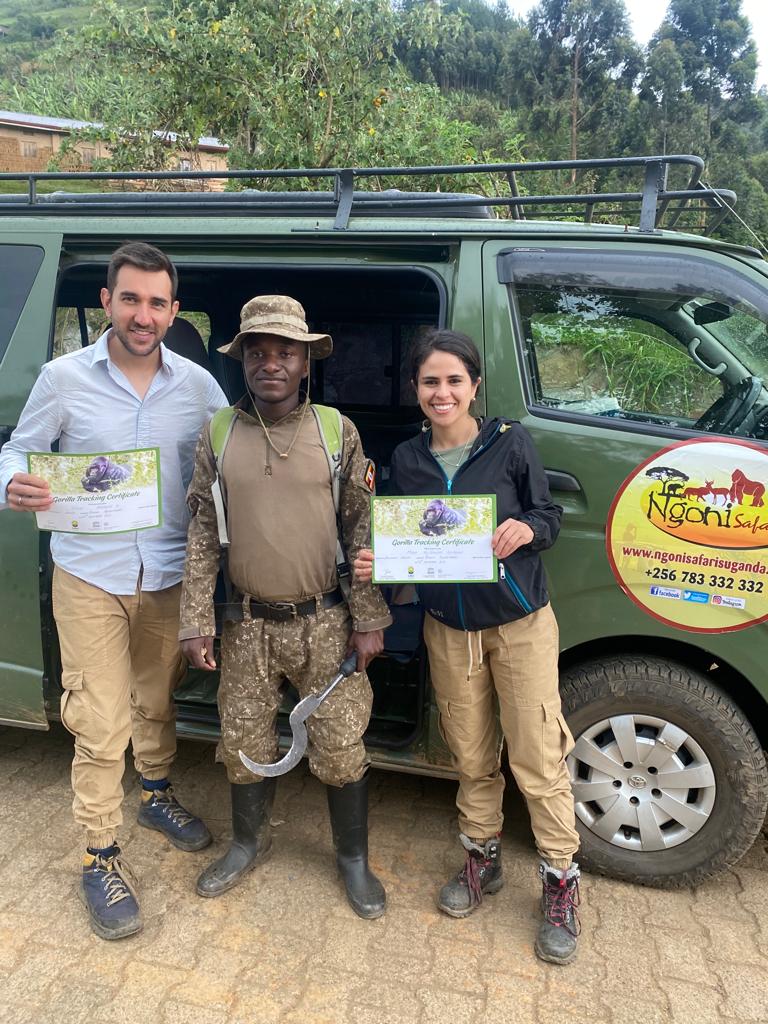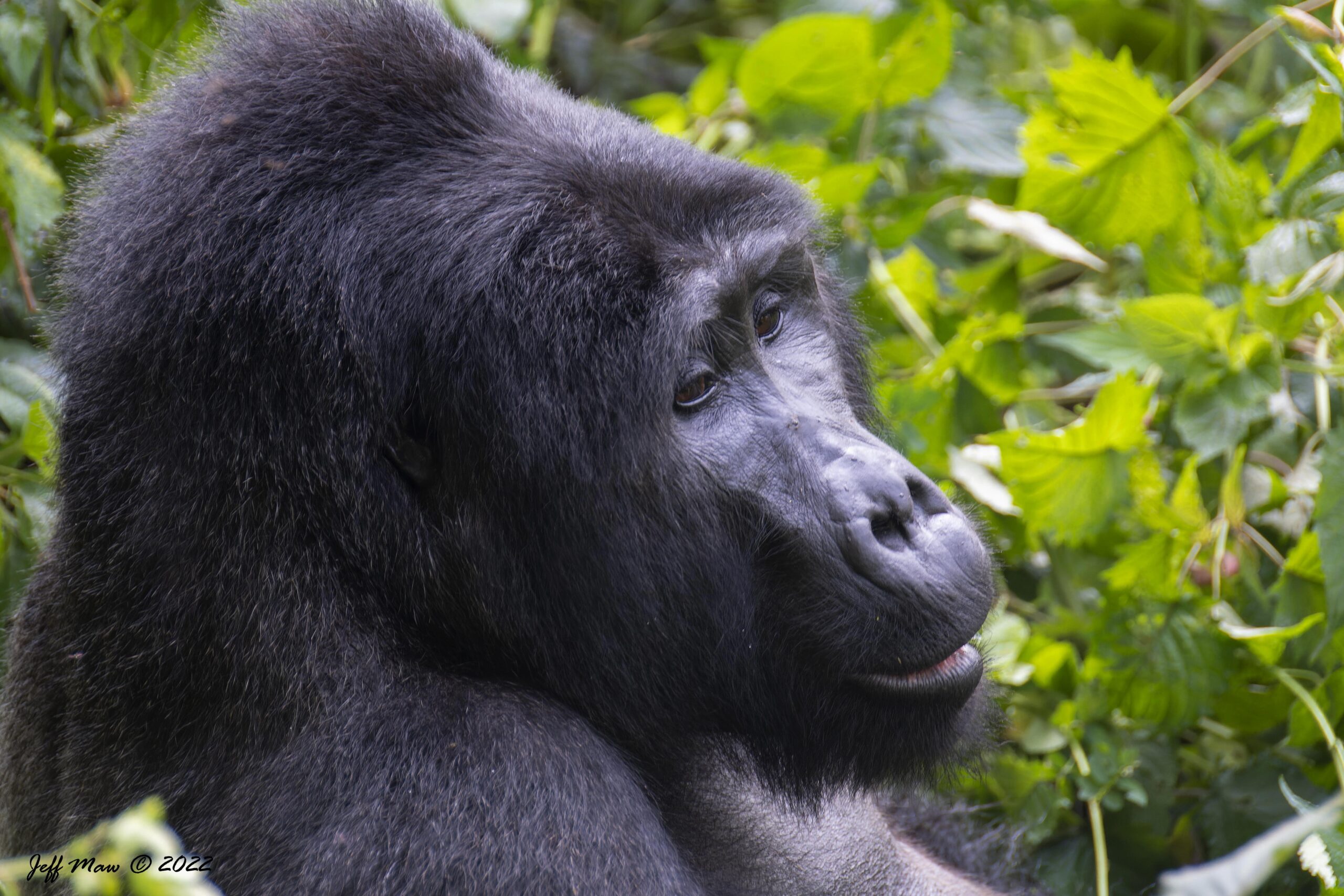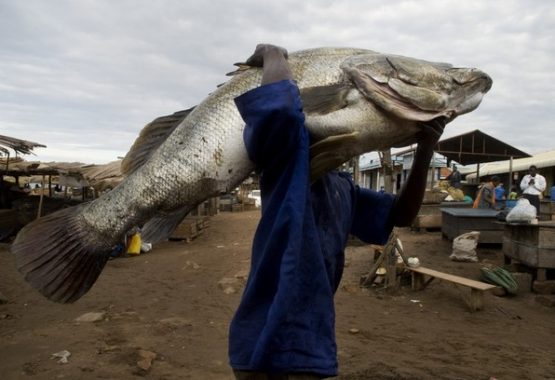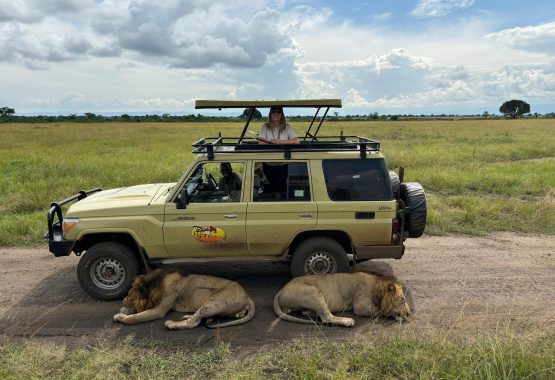Documents you need:
- Passport
- Visa (for non EAC citizens)
- Alternative travel documents for East Africans
- Other requirements for East Africans (Certificate of Identity / Inter-state Pass)
- Proof of yellow fever vaccination
- Full Covid-19 vaccination certificate (or valid Negative PCR Test)
Choosing how to travel:
Air:
The East African Community is connected to the world by a network of international airports, most of which are located in or adjacent to the region’s major cities. Most major towns in different Partner States also possess smaller airports.
The Civil Aviation Safety and Security Oversight Agency (CASSOA), an institution of the Community, works closely with national civil aviation authorities to ensure that air travel in the region is safe.

Road:
There is a host of bus services connecting all East African capitals and major cities, but with EAC-enhanced co-operation in the area of transport, East Africans can now drive private cars across borders and across the entire EAC region, free of charge, for visits no longer than seven (7) days.
The maximum period allowed for one to use a car not registered in the host Partner State is six (6) months, although you will be required to pay $20 per month as temporary road licence after the seven-day grace period has elapsed. Anyone using a private car has to fill a form, obtainable at border crossing points or local Revenue Authority office, which grants permission for free access for a week.
A valid driver’s licence is required for driving in any of the Partner States.
Ensure that your car is insured before you travel, with a valid sticker displayed on your vehicle as proof of insurance (seek advice from your insurer on the available insurance options). Also make sure you carry an original copy of your car Log Book or at the very least, a certified photocopy.
Ports of entry (applies to road transport only*)
- Kenya – Uganda border: Busia and Malaba
- Kenya – Tanzania border: Namanga and Holili
- Tanzania – Uganda border: Mutukula
- Tanzania – Burundi border: Kigoma
- Tanzania – Rwanda border: Rusumo
- Rwanda – Burundi border: Akanyaru
- Rwanda – Uganda border: Gatuna / Katuna
- South Sudan – Uganda border: Busia, Nimule
- South Sudan – Kenya border:
Sea:
The region’s principle seaports include; Mombasa in Kenya and Dar es Salaam, Mtwara and Tanga in Tanzania.
Best time to travel based on weather, time zones and public holidays
Weather:
Climatic conditions vary from tropical to temperate, depending on elevation.
There are two common rain seasons in the Partner States: the long rains from late March to early May, and the short rains, from late October to early December.
Time zones:
Kenya, South Sudan, Tanzania and Uganda belong to the East Africa Time zone, which is three hours ahead of Greenwich Mean Time (GMT+3).
Rwanda and Burundi belong to the Central Africa Time zone. CAT is two hours ahead of Greenwich Mean Time (GMT+2).
The Democratic Republic of the Congo observes GMT+01:00 (West Africa Time) for Western DRC (Kinshasa, Boende, Zongo); and GMT+02:00 (Central Africa Time) for Eastern DRC (Goma, Kindu, Bukama, Lubumbashi). It is the only country in Africa that uses more than one time zone.
Public holidays:
Most government institutions close on public holidays in EAC Partner States, although immigration points (airports, border entry points etc) remain open.
Similarly, most business fixtures remain closed on such days.
Below is a table showing the official public holidays in the EAC Partner States:
| EAC Partner State | Public holidays |
|---|---|
| Burundi | 1 Jan New Year’s Day; 5 Feb Unity Day; 1 May Labour Day; 21 May Ascension; 1 Jul Independence Day; 15 Aug Assumption; 13 Oct Anniversary of Louise Rwagasore’s assassination; 21 Oct Anniversary of President M. Ndadaye’s assassination; 1 Nov All Saints’ Day; 25 Dec Christmas Day |
| Democratic Republic of Congo | 1 Jan New year’s Day; 4 Jan Martyrs’ Day; 16 Jan Heroes’ Day (Rememberance of Laurent Kabila); 17 Jan Heroes’ Day (Rememberance of Patrice Lumumba); 1 May Labour Day; 17 May Liberation Day; 30 Jun Independence Day; 1 Aug Parents’ Day; 25 Dec Christmas Day |
| Kenya | 1 Jan New Year’s Day; 1 May Labour Day; 1 Jun Madaraka Day; 20 Oct Mashujaa Day; 12 Dec Jamuhuri (Independence) Day; 25 Dec Christmas Day; 26 Dec Boxing Day |
| Rwanda | 1 Jan New Year’s Day; 1 Feb Heroes’ Day; 7 Apr Genocide Memorial Day; 1 May Labour Day; 1 Jul Independence Day; 4 Jul Liberation Day; 15 Aug Assumption; 1 Oct Patriotism Day; 25 Dec Christmas Day; 26 Dec Boxing Day |
| South Sudan | 1 Jan New Year’s Day; 9 Jan Peace Agreement Day; Easter Sunday, 1 May International Labour Day; 16 May SPLA Day; 9 Jul Independence Day, Eid al-Fitr (End of Ramadan); 30 Jul Martyrs’ Day; Eid al-Adha (Feast of the Sacrifice); 25 Dec Christmas Day; 26 Dec Boxing Day; 28 Dec Republic Day |
| United Republic of Tanzania | 1 Jan New Year’s Day; 12 Jan Zanzibar Revolution Day; 26 Apr Union Day; 1 May Labour Day; 7 Jul Saba Saba Day; 8 Aug Nane Nane Day; 14 Oct Nyerere Day; 9 Dec Independence and Republic Day; 25 Dec Christmas Day; 26 Dec Boxing Day |
| Uganda | 1 Jan New Year’s Day; 26 Jan Liberation Day; 8 Mar International Women’s Day; 1 May Labour Day; 3 Jun Martyrs’ Day; 9 Jun National Heroes’ Day; 9 Oct Independence Day; 25 Dec Christmas Day; 26 Dec Boxing Day |
* Note: Eid al-Fitr (end of Ramdhan) and Eid al-Adha (Feast of the Sacrifice) festivals are determined by local sightings of various phases of the moon and are, upon confirmation, declared public holidays in the EAC Partner States.
BOOK YOUR TOUR WITH US NOW





